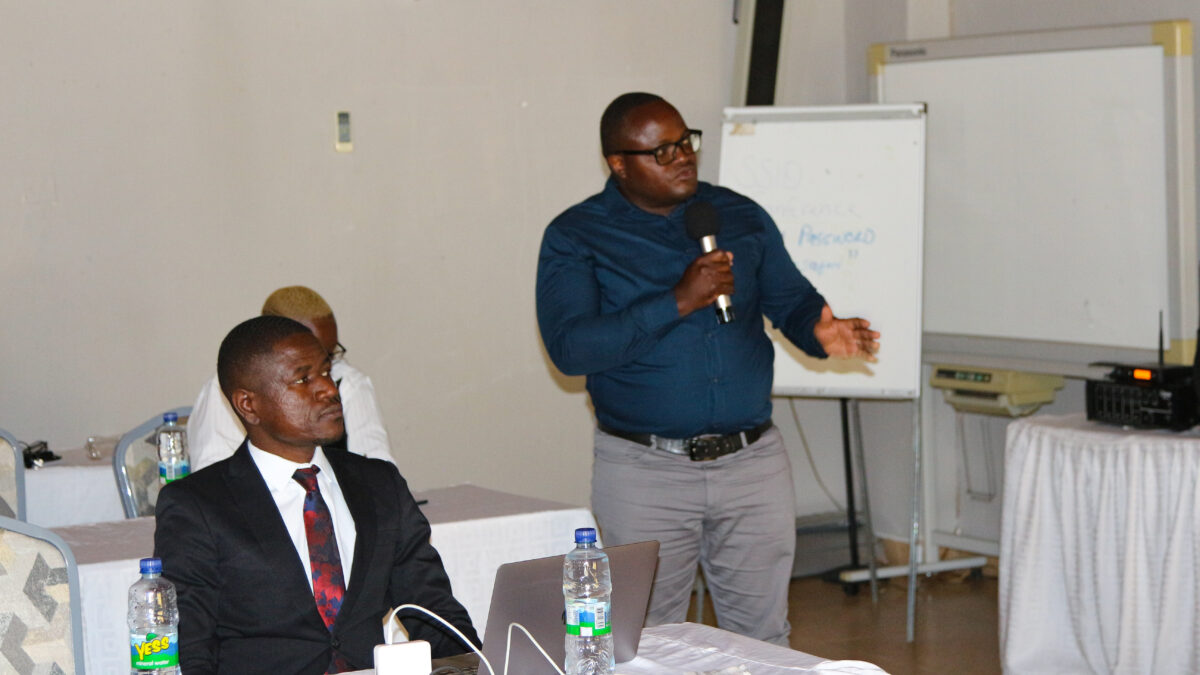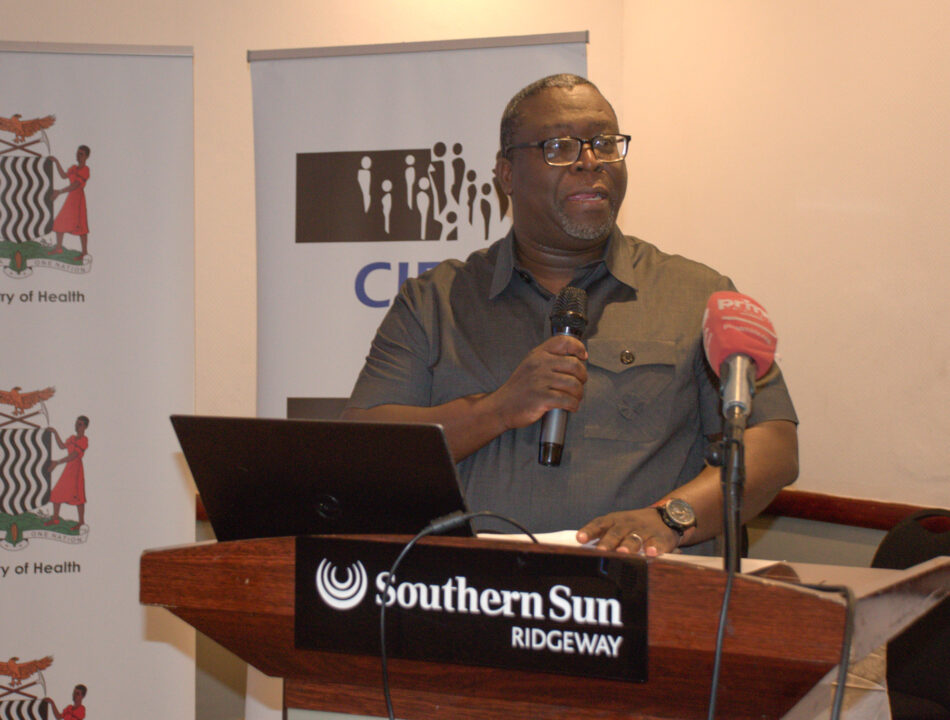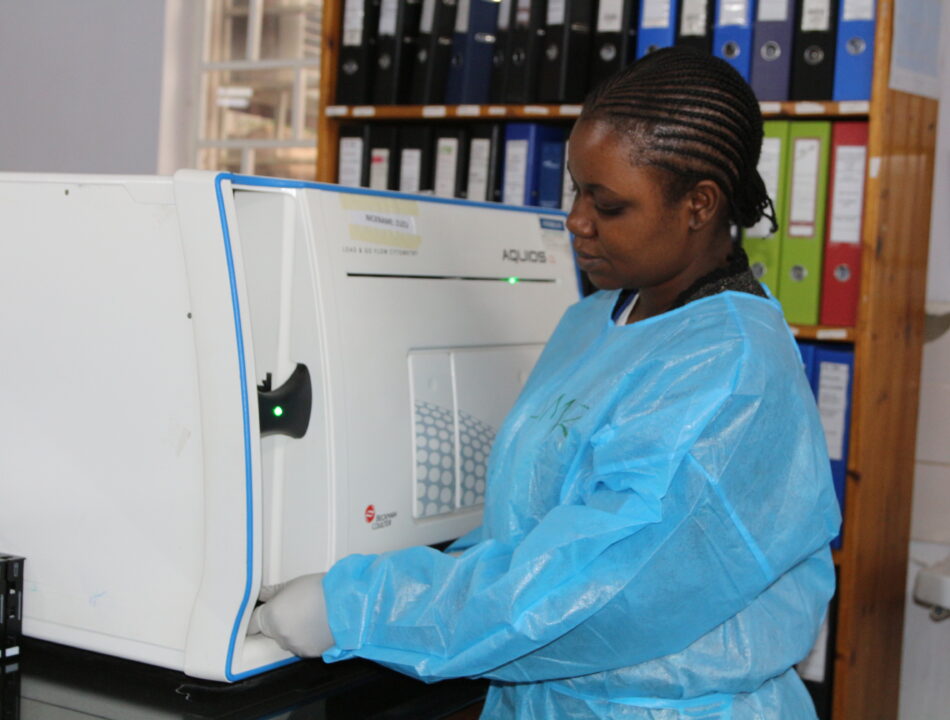CIDRZ TRAILS’ Project Supports MOH in Hosting COP25 Laboratory Systems Planning Meeting to Strengthen Zambia’s Laboratory Systems.

Enhancing Laboratory Performance in Zambia’s HIV Surveillance: Key Findings and Recommendations.
December 27, 2024
CIDRZ TRAILS Chief of Party Expresses Gratitude to CDC for Supporting Laboratory System Strengthening in Zambia.
January 9, 2025Key stakeholders in Zambia’s healthcare sector have gathered in Siavonga for a critical planning meeting aimed at bolstering the country’s laboratory systems.
The primary objective of the meeting is to develop a comprehensive roadmap for strengthening laboratory capacity and sustainability, aligning efforts with the Zambian National Biomedical Laboratory Strategic Plan (NBLSP) and PEPFAR priorities for the Country Operation Plan for year 2025 (COP25).
The COP25 Laboratory Systems Planning and Consultative meeting is organised by the Ministry of Health with support from CIDRZ’s Transitioning and Integrating Laboratory Services (TRAILS) project and funded by the US Centers for Disease Control and Prevention (CDC). The gathering has brought together representatives from government, international organisations, non-governmental organisations, and private sector partners.
During the meeting, various partners are providing updates on their laboratory system strengthening efforts and recommended focus areas beginning FY2025.
This meeting emphasises the importance of collaborative efforts among all stakeholders, recognising the need for strong partnerships to address the challenges facing Zambia’s laboratory systems effectively.
In attendance are Provincial Biomedical Scientists from the Ministry of Health, and representatives from the Centers for Disease Control and Prevention (CDC), the United States Agency for International Development (USAID), the Association of Public Health Laboratories (APHL), the Wits Health Consortium Diagnostic Innovation Hub (WHC-DIH), and the Clinical and Laboratory Standards Institute (CLSI).
Others are FHI360 (formerly Family Health International), Coalition Health Zambia, (formerly John Snow Health (JSI), USAID Action HIV, USAID Discover Health, Zambia Integrated Health (ZIH), Zambia Accessible Markets – Health (ZAM – HEALTH) and the International Center for AIDS Care and Treatment Programs (ICAP).




